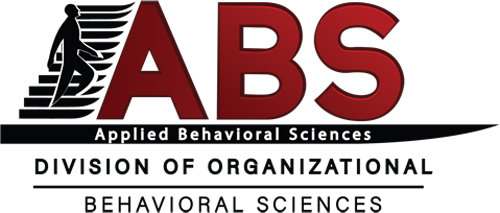
Recharge Your Mind: The Power of Digital Detox in Organizational Settings
Are we really required to stay connected 24/7? What are the negative effects of too much connectivity?
In the modern digitally driven landscape of organizational behavior, the idea of a “digital detox” might seem counterintuitive. After all, staying constantly connected is often seen as a hallmark of productivity and efficiency. However, as our reliance on technology continues to grow, so too does the need for intentional disconnection to safeguard our mental well-being. Let’s explore how the principles of digital detox can be applied in organizational settings to foster a healthier and more balanced work environment.
Understanding the Digital Deluge in Organizations
In today’s workplace, technology is ubiquitous, with emails, instant messages, and virtual meetings seamlessly integrated into our daily routines. While these digital tools undoubtedly enhance communication and collaboration, they also contribute to a constant state of information overload. The relentless stream of notifications and the pressure to be always available can lead to stress, burnout, and decreased productivity among employees.
Recognizing the Impact on Organizational Behavior
The effects of digital overload extend beyond individual well-being to influence broader organizational behavior. When employees are constantly tethered to their devices, it can impede creativity, innovation, and teamwork. Moreover, a culture of constant connectivity may inadvertently promote unhealthy work habits, such as presenteeism and the blurring of work-life boundaries, ultimately undermining organizational performance and morale.
Embracing the Benefits of Unplugging
Contrary to popular belief, unplugging from digital devices doesn’t mean sacrificing productivity; rather, it’s an investment in mental refreshment and cognitive renewal. By encouraging employees to take regular breaks from their screens, organizations can promote greater focus, creativity, and resilience. Moreover, unplugging fosters a culture of mindfulness and intentionality, where employees are encouraged to prioritize meaningful work and cultivate deeper connections with their colleagues.
Implementing Digital Detox Strategies in the Workplace
Organizations can take proactive steps to support digital detoxification among employees. This may include implementing policies that limit after-hours communication, providing resources for digital wellness education, and creating designated “tech-free” zones within the workplace. Additionally, leaders can lead by example by modeling healthy digital behaviors and encouraging open conversations about the importance of unplugging for mental well-being.
Nurturing a Culture of Balance and Well-being
At its core, digital detoxification is about fostering a culture of balance and well-being within organizations. By prioritizing employees’ mental health and creating environments that support unplugging, organizations can cultivate a happier, healthier, and more engaged workforce. Ultimately, by recognizing the importance of digital detox in organizational settings, we can create workplaces where individuals thrive, creativity flourishes, and productivity soars.
Conclusion: The Path to a Healthier Work Environment
In conclusion, digital detoxification is not just a personal choice but a strategic imperative for organizations seeking to foster a culture of well-being and performance. By acknowledging the impact of digital overload on organizational behavior and implementing strategies to support unplugging, organizations can create environments where employees can thrive both personally and professionally.
How ABS Organizational Behavior Can Help
ABS (Applied Behavioral Science) is uniquely positioned to assist organizations in implementing digital detox strategies and fostering a culture of balance and well-being. Through evidence-based interventions, customized training programs, and ongoing support, ABS helps organizations identify and address the root causes of digital overload, empowering employees to cultivate healthier relationships with technology and achieve greater levels of productivity, engagement, and satisfaction.
With ABS’s expertise in organizational behavior, organizations can create workplaces where digital detox isn’t just a buzzword but a fundamental aspect of a thriving organizational culture.




